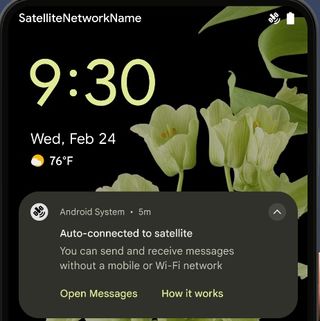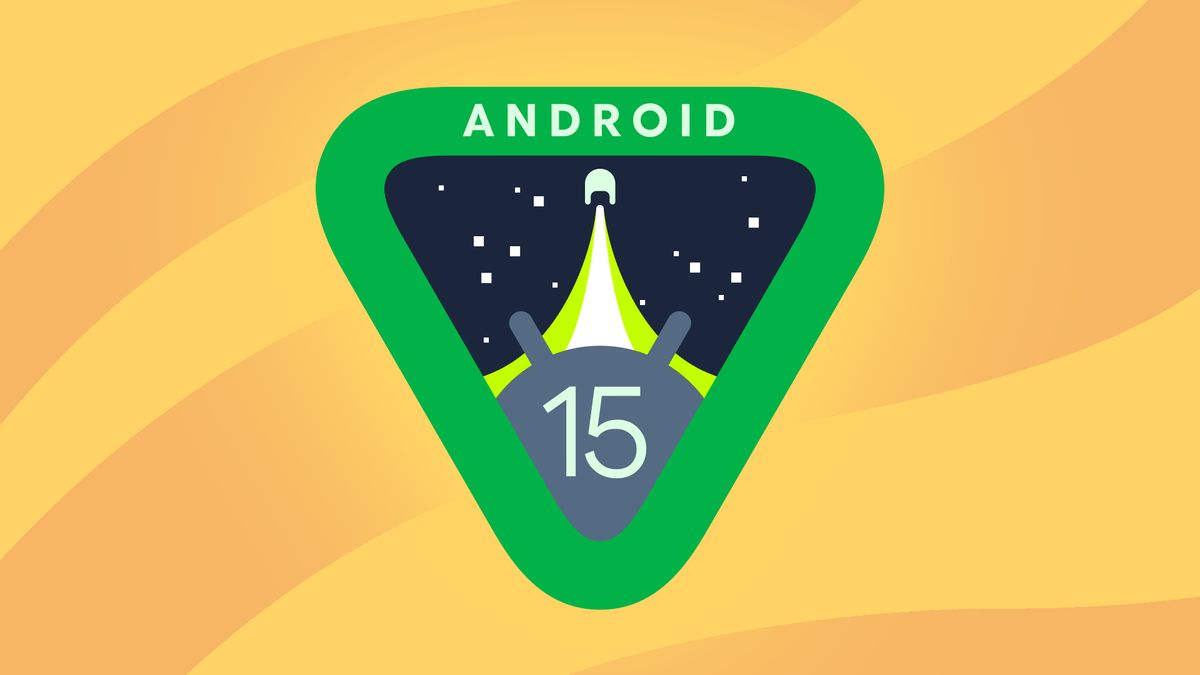Google plans to debut Android 15 at I/O 2024 on Tuesday, and based on all the Android 15 rumors we’ve heard recently, this upcoming OS update is going to be a big one.
There might be a few features that Google is keeping under wraps (or at least trying to) until I/O 2024, but based on this list of Android 15 features and APIs for developers from Google, many features are essentially confirmed.
The Android 15 update won’t officially roll out until later this year, but I’ll be sitting on the edge of my seat waiting for these 3 features until then.
1. App archiving
App archiving is technically not a new Android feature. Google announced an auto-archive feature last year, but it was only available for developers who used the App Bundle to publish their apps.
Android 15 will be the first to include “OS level support for app archiving and unarchiving.” Put simply, this feature lets you free up storage space by only removing part of an app rather than completely uninstalling it, and you can do so without needing to go to the Google Play store.
I’ve lost interest in many mobile games, but I don’t want to delete them in case I ever get the urge to play them again. If I uninstall them, my user data will be gone, and I’ll have to start from the beginning.
With this new app archiving feature, I can preserve my user data and keep the app easily accessible on my phone but remove large files, like the app’s multimedia content. Then, I’ll have extra space to download more games, which I’ll inevitably end up archiving.
This feature could also be great for anyone who regularly rotates streaming services. When you’re catching up on Netflix content, you can archive Disney+, Hulu, Amazon Prime Video, and other services, and your login info and settings will be saved whenever you’re ready to return to the app.
2. Loudness control
Listening to something at 50 percent volume on YouTube isn’t always the same experience as listening to something at 50 percent volume on Spotify or other apps. Google hopes to solve that problem by supporting the CTA-2075 loudness standard, a feature appropriately called “Loudness control.”

This feature will supposedly make it so “users don’t have to constantly adjust volume when switching between content.” It compares the known “characteristics” of your headphones, earbuds, or speaker with loudness metadata from the app you’re in to adjust the content’s loudness.
For users to take advantage of loudness control, an app developer will need to add loudness metadata in their AAC content and enable the feature in their app. But if this is easy enough to incorporate into apps, I look forward to a more even audio experience on Android.
What’ll be interesting to see is whether loudness control applies to ads shown in the middle of streamed content. This feature is meant to help control volume levels between different apps, but can it also keep loud ads at the same volume as content in the same app? That’d be awesome.
3. Satellite connectivity
This doesn’t necessarily scream “cool, new Android feature” like app archiving and loudness control does, but nonetheless, I’m very excited about it. Android 15 will bring extended satellite connectivity support, making it even easier for users to send messages when there are no cell towers or wifi connections nearby.
You’ll see a notification when your device has auto-connected to a satellite, letting you know, “You can send or receive messages without a mobile or Wi-Fi network.” Unlike Apple’s emergency-use-only satellite connectivity feature, Android 15 will support SMS, MMS, and pre-loaded RCS apps when using satellite connectivity.

As a Denver-area resident who frequently loses service when driving or hiking through the nearby mountains, boosted satellite connectivity gives me peace of mind in case I get lost or hurt. And while being in nature is an excellent excuse to disconnect, it’s nice to know I could be contacted by a friend or family member if there’s an emergency.
There are more Android 15 features to be excited about—including Notification Cooldown and a high-quality Webcam Mode—but we’ll have to wait until the third quarter of this year for Google’s latest mobile OS to launch.
We’ll at least see new Android 15 features in action at Google’s upcoming event on May 14. Here’s how to watch the Google I/O 2024 event.











